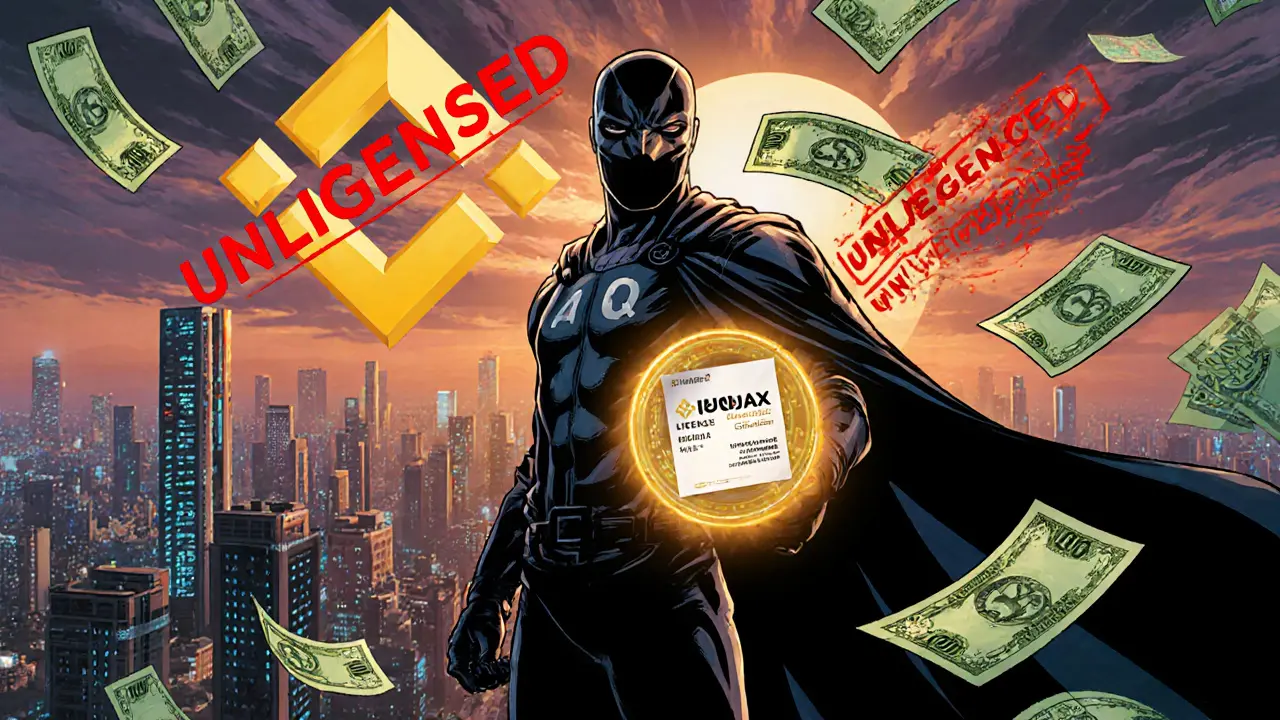When people in Nigeria talk about Binance Nigeria, the local version of the world’s largest cryptocurrency exchange, widely used for peer-to-peer trading and fiat access. Also known as Binance NG, it became the go-to platform for millions who needed to buy Bitcoin and USDT without banks. Even after Nigeria’s central bank banned banks from processing crypto transactions in 2021, Binance Nigeria kept running — not as a traditional exchange, but as a P2P lifeline.
What makes Binance P2P, a peer-to-peer trading system that lets users buy and sell crypto directly with cash via bank transfers, mobile money, or gift cards. Also known as Binance fiat gateway, it’s how most Nigerians get into crypto so powerful? It cuts out banks entirely. You find a seller, agree on a price in Naira, send the cash, and get your Bitcoin or USDT in minutes. No middleman. No delays. No rejection. That’s why it’s still the most trusted way to enter crypto in Nigeria, even when banks won’t help.
But it’s not all smooth. Nigerian crypto regulations, the evolving legal landscape that restricts banking access but doesn’t ban crypto ownership. Also known as CBN crypto ban, it created a gray zone where users operate legally but without financial protection means you’re on your own. If someone scams you on P2P, there’s no bank to reverse the payment. No chargeback. No customer service hotline. You rely on Binance’s dispute system — and even that’s not foolproof. That’s why traders here learn fast: never send money before you see the crypto, always check seller ratings, and never trust too-good-to-be-true offers.
And it’s not just about buying. Binance Nigeria also lets you trade altcoins like BNB, ETH, and local tokens listed on Binance Smart Chain. You can stake, earn yield, or even use Binance Pay for online purchases — but again, only if you know the risks. Many people treat it like a bank. It’s not. It’s a tool. A powerful one, but one that demands caution.
Below, you’ll find real reviews and deep dives on exchanges used by Nigerians — including ones that popped up after Binance’s restrictions, how P2P scams work, and what to look for when choosing a trading partner. You’ll also see how crypto is reshaping how Nigerians save, send money, and even run small businesses. This isn’t theory. It’s what’s happening right now.

Nigeria doesn't ban crypto exchanges outright - it requires them to be licensed. Only Quidax and Busha are officially approved. Binance and others are restricted, not banned. Here's what you need to know in 2025.